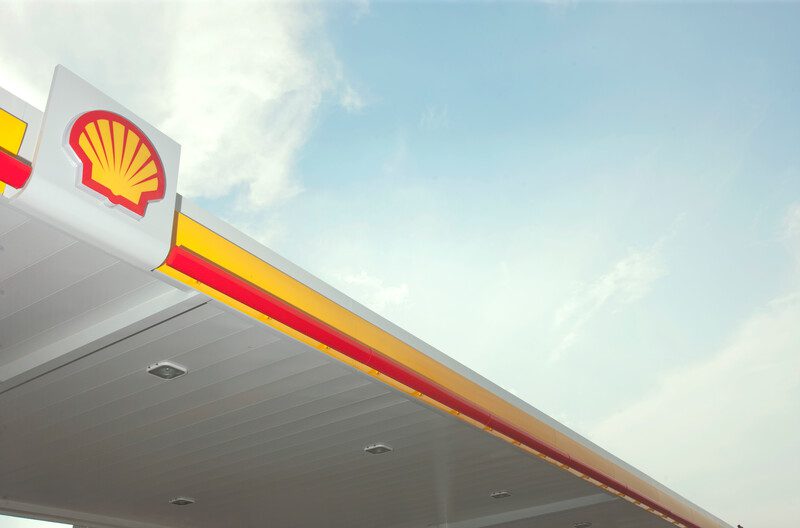
Shell completed more than 250 ship-to-ship LNG bunkering operations in 2022. The company provides LNG to ships at 15 ports in 10 countries.
According to the Energy Transition Progress Report 2022, Shell delivered 194 cargoes of LNG to Europe, which it said was almost five times of its usual average. In total, the company sold 66 million tonnes of LNG in 2022, compared with 64.2 million tonnes in 2021.
The giant supplier of liquefied natural gas (LNG) Shell was selected as a partner in two projects in Qatar, the expansion of the North Field East, which is the largest LNG project in the world, and the North Field South project. Also in 2022, the company took final investment decisions to develop offshore gas projects in Malaysia, the UK and Australia. One of them, the Rosmari-Marjoram project, situated 220 kilometres off the coast of Malaysia, will mainly be powered by renewable energy.
Total global trade in LNG reached 397 million tonnes in 2022. Industry forecasts expect LNG demand to reach 650 to over 700 million tonnes a year by 2040.
European countries, including the UK, imported 121 million tonnes of LNG in 2022, an increase of 60% compared to 2021, which enabled them to withstand a slump in Russian pipeline gas imports following its invasion of Ukraine.
“A 15 million tonne fall in Chinese imports combined with reduced imports by South Asian buyers helped European countries to secure enough gas and avoid shortages,” Shell notes.
Europe’s rapidly rising appetite for LNG pushed prices to record highs and generated volatility in energy markets around the world.
The increased need for LNG looks set to intensify competition with Asia for limited new supply available, over the next two years, and may dominate LNG trade over the longer term, according to Shell’s LNG Outlook 2023.
“The war in Ukraine has had far-reaching impacts on energy security around the world and caused structural shifts in the market that are likely to impact the global LNG industry over the long term,” Steve Hill, Shell’s Executive Vice President for Energy Marketing, said.


